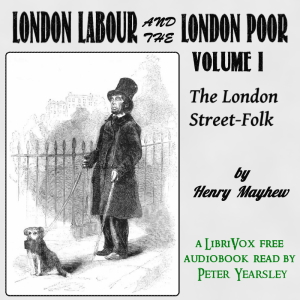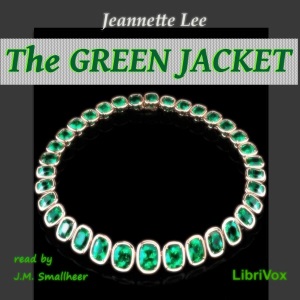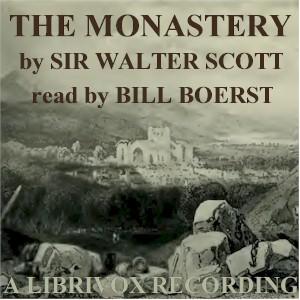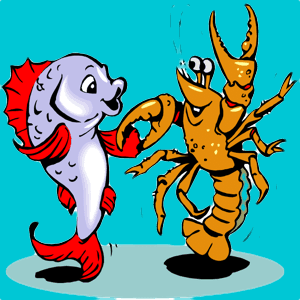Book annotation
Subtitled, "A Cyclopaedia of the condition and earnings of those that will work, those that cannot work, and those that will not work."
"The history of a people from the lips of the people themselves .. their labour, earnings, trials and sufferings, in their own unvarnished language, and to pourtray the condition of their homes and their families by personal observation of the places ..." "My earnest hope is that the book may serve to give the rich a more intimate knowledge of the sufferings, and the frequent heroism under those sufferings, of the poor ..."
Henry Mayhew was a social researcher and journalist; he compiled a four volume work in minute detail on the lives of the poor in London, of which this is the first volume, published in 1851.
(Peter Yearsley)
Notes:
1 The reader has attempted different voices to separate the interviewees from the narrator, but makes no claim to the accents being appropriate to the speakers.
2 Very occasionally, the language used may be uncomfortable to a modern listener.
3 Sections 34, 52, and 89 consist of analyses of the data collected in the preceding sections. Mayhew himself implies that it might not be too interesting for some of his readers. Listeners to this recording could miss out these sections without fear that they are missing much.
4 Where expletives and proper names have been abbreviated in the text as, for example, "D---d", or "Mrs M---", these have been rendered as "D blank D" and "Mrs M blank" as appropriate.
5 There are some pages of errata at the end of the book, which mainly involve corrections to the many numbers given in the text. The corrections have been included in the recording. However, many arithmetical errors still exist; these have been left unchanged.
Definitions and slang:
1 In Mayhew's time, a chandler was a dealer in household items such as oil, soap, paint, and groceries.
2 "ing-uns" are frequently mentioned as being sold by the costermongers. This is clarified in the text as being their name for onions.
3 The phrase "Han-sellers" in section 55 is clarified as "hand-sellers" in a later section.
4 A "pottle" is a volume of half a gallon (four pints).
5 A quartern loaf weighs four pounds.
6 "Sawney" is bacon.
7 "Tin" is a nickname for money in general, while a "brown" is the nickname for a copper/bronze coin (a farthing, half-penny, penny, etc.).
8 A "wink" seller sells periwinkles.
9 "Woman- (or girl-) of the streets" seems often to be a euphemism for prostitutes.
On this page you can listen to the audiobook London Labour and the London Poor Volume I - Henry MAYHEW!
Listen online in good quality, from your Android phone, iphone or pc at any time.









